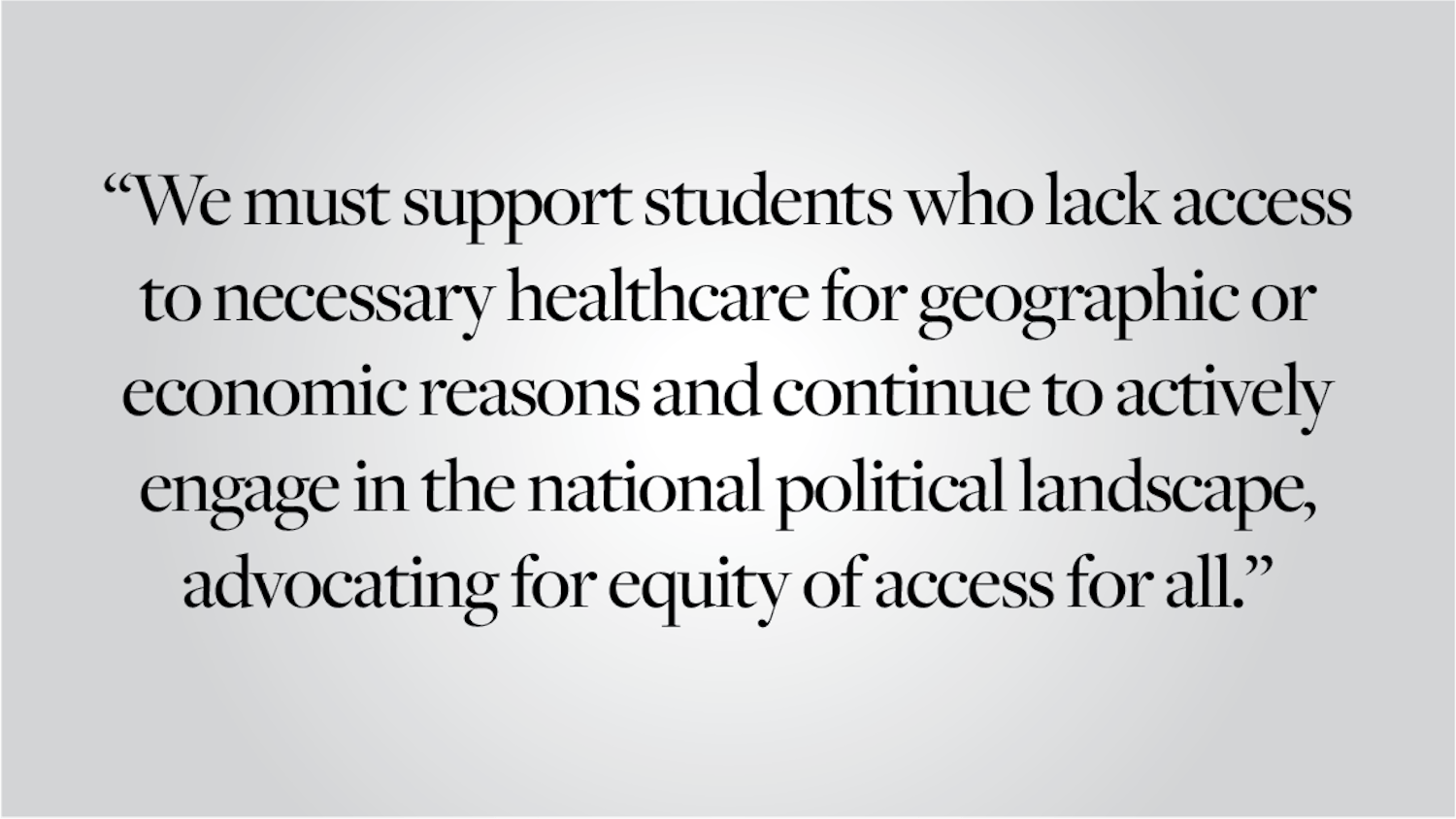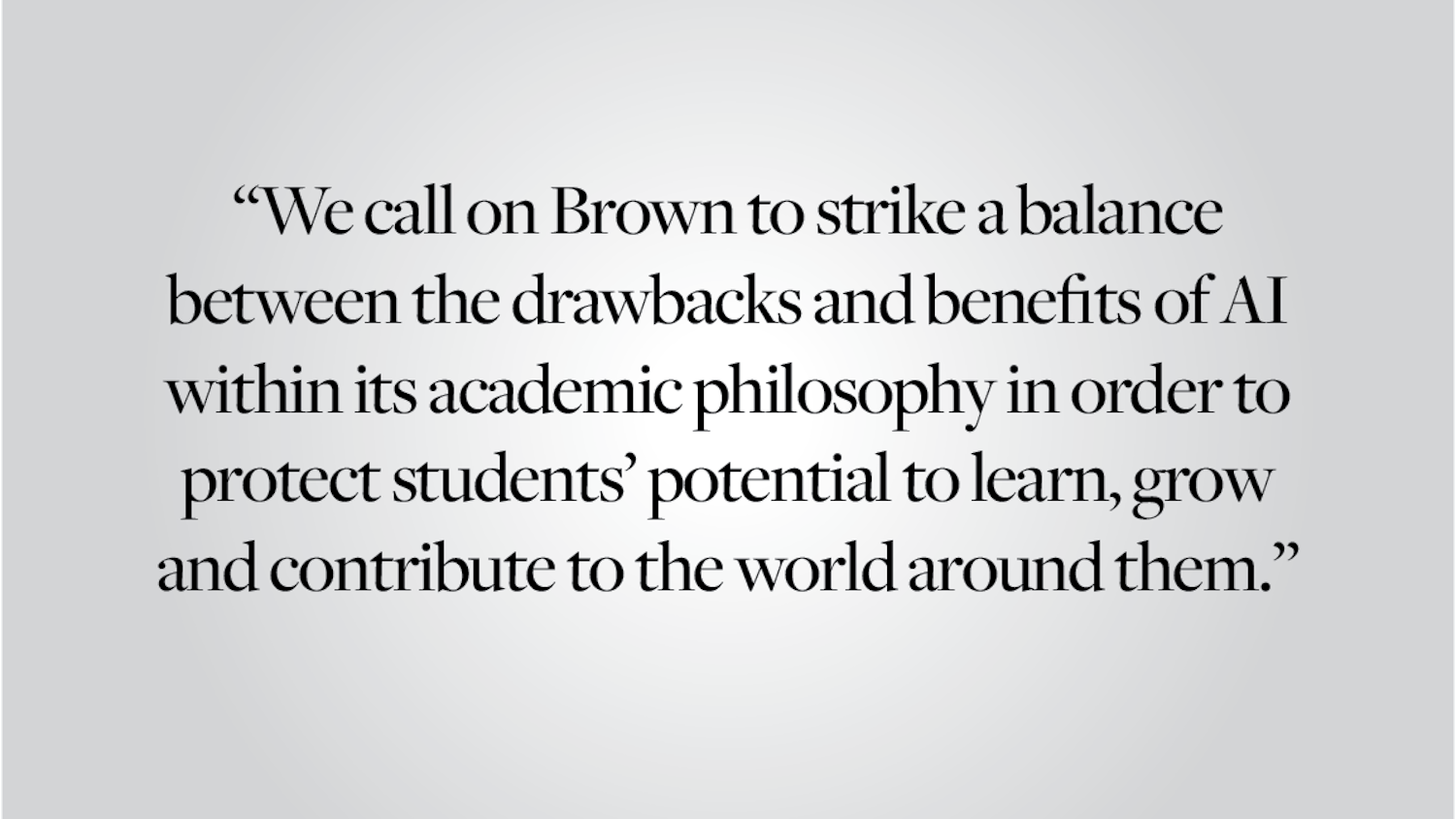Law school has traditionally been a popular option for university graduates seeking to broaden their career opportunities, especially for those interested in law or public policy. Among others, political science, international relations and history concentrators often consider pursuing a law degree either immediately or soon after graduating. Those who consider law school hoping to achieve gainful employment, six-figure salaries and elevated social statuses often view the expensive three-year venture as an attractive and logical option.
But an unsettling trend in the world of advanced degrees has sparked debate over the true opportunities a law school degree invites. Tuition is soaring, student loan debt now outpaces credit card debt and, since the recession, lucrative employment is by no means a guarantee. For the first time, the American Bar Association released employment statistics for law school graduates from the class of 2011. According to the report, only half of that year’s graduates had a full-time, secure job that required a law degree nine months after graduating. While we believe law school can be part of a fulfilling life and career, we urge students to carefully consider the decision before taking on such a drastic investment of time, effort and money.
Nationally, the growing malaise among law schools has led to a decline in enrollment and the capacities of the schools themselves. Applications to law school are on pace to hit a 30-year low with only 27,891 people applying by mid-January, a 20 percent drop from this time last year and a staggering 38 percent drop from 2010. Only 40,000 students are projected to enroll, compared to a peak year in 2004, when Law School Admission Council records show some 100,000 students attended law school. Some schools have resorted to layoffs and buyouts or even lowering the cost of tuition to stay afloat. But there is a glut of law schools — 201 accredited by the ABA — and such a steep decline in public interest will almost surely lead to drastic program cuts or even closures.
Before panic ensues, Brunonians can take comfort in some good news. While the sobering statistics represent a larger trend of a struggling institution — a trend indisputably exacerbated by the economic downturn — top law schools continue to thrive. According to the ABA, a dozen top law schools, including the University of Virginia and N ew York University, reported that more than 80 percent of their graduates had full-time, long-term jobs.
Historically, the University has succeeded in placing graduates in these top law schools. For the law school class admitted in 2011, 183 of 201 Brown student and alum applicants were accepted — more than 20 percent above the national acceptance rate. Many Brown graduates matriculated at Yale Law School, Georgetown University Law Center, New York University School of Law, and Harvard Law School. About 80 percent of those who matriculated took at least one year off after their time at Brown.
Beyond Brown, other elite undergraduate and graduate schools overwhelmingly filled with students of more privileged socioeconomic backgrounds emerge as winners. The most recent economic recession has not affected Brown graduates as visibly as it has the rest of the nation. But there are unseen consequences that will emerge some years down the road, as more schools close down and fewer students consider law school as a viable option. Both graduate institutions and graduates must innovate and compromise to forge a path in the new normal for the legal field.
Editorials are written by The Herald’s editorial page board: its editor, Dan Jeon, and its members, Mintaka Angell, Samuel Choi, Nicholas Morley and Rachel Occhiogrosso. Send comments to editorials@browndailyherald.com.
ADVERTISEMENT




